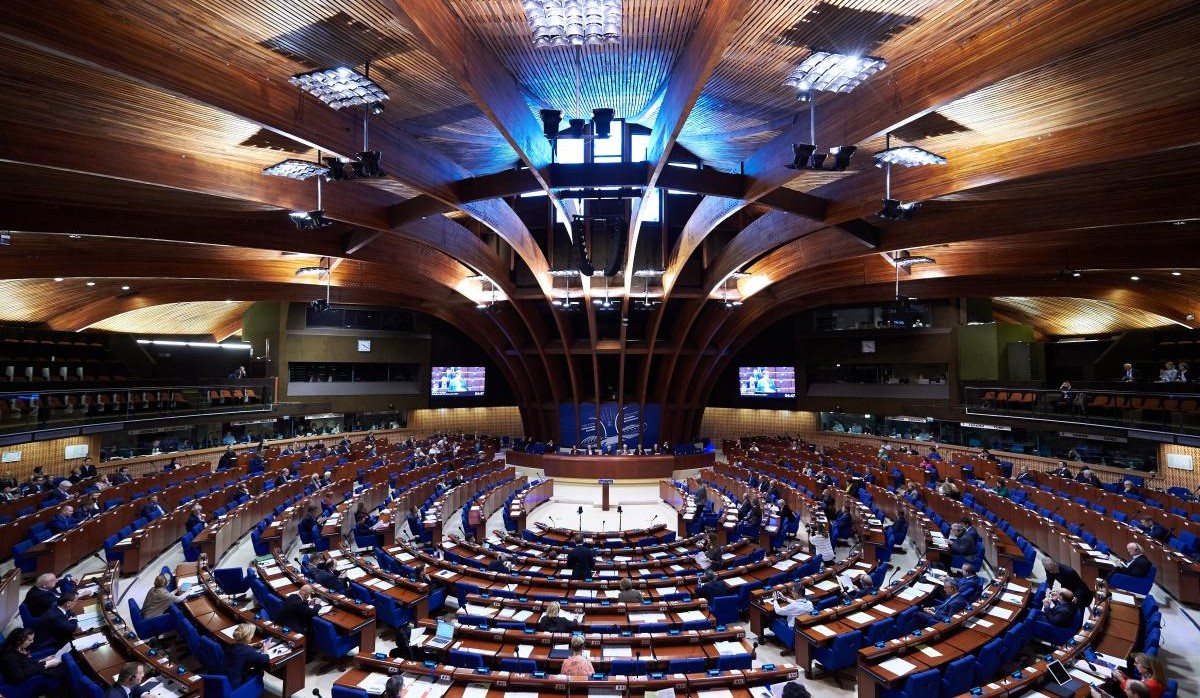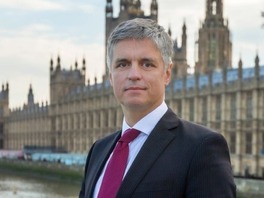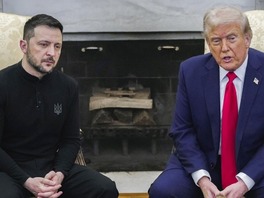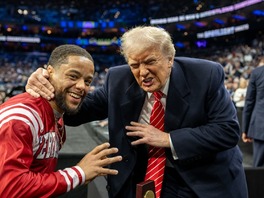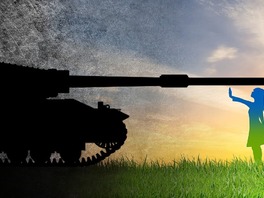In the night of the 25th of June, the Parliamentary Assembly of the Council of Europe (PACE) invited Russia to return to its place in PACE without any restrictions on their vote. Ukrainian diplomat Vasyl Filipchuk explains to “Apostrophe” the repercussions of the decision and what Ukraine should do next.
The Parliamentary Assembly is a key institution in the European safety network, yet the return of the Russian delegation has reaching implications for European security and Ukrainian foreign policy (later the Russian delegation’s return to PACE was challenged -- “Apostrophe”)
This decision, despite the marginal practical influence of the Russian delegation’s presence in the PACE, has a substantial symbolic meaning. It may begin the re-evaluation of the sanctions regime in the relations with the Russian Federation and return to business as usual with Moscow.
Although this could and should have been avoided.
My colleagues from the International Center for Policy Studies and I have disclosed the truth many times: in the current state of international relations, sanctions alone are usually ineffective. They cannot change the aggressor’s behavior, especially if that aggressor is an authoritarian country with a considerable amount of strength. Sanctions are effective only when they are part of a strategic plan. Otherwise, these are only reactive measures that often lead to unpredictable results.
Sanctions should have targeted at changing the Kremlin’s behavior towards Ukraine. The most important part of these sanctions is currently associated with Russia’s participation in the conflict in Eastern Ukraine. Without an opportunity to use military force, Ukraine should search for alternative countermeasures.
These options may differ in sets of separate instruments, in their scope and nature, while applying necessary sanctions to accompany these other instruments.
Sanctions alone is a path to a slow defeat. Ukraine remains a weak country in its asymmetric relations with Russia, which demands a well thought-out, complex foreign policy.
Those who expect a simple solution to work, with this solution meaning sanctions, are making a mistake. In order to be an effective instrument and not just a tick mark of political advertising, sanctions need to become a part of the wider strategy.
Sanctions are an instrument of pressure, a “whip”, but alongside it must be a “carrot on a stick”, a suitable solution for different parties that are part of the conflict.
If sanctions are the only instrument of influence and remain the center of Ukraine’s foreign policy strategy, then eventually what happened last night will happen again.
The worst thing that Ukraine can do now is leave the Council of Europe or suspend its participation in PACE. This would go along with the principle “I will buy a ticket, but in spite of the conductor, I will go on foot”.
It is not the best decision to swell the empty rhetoric about the withdrawal of Germany, France or all of Europe from European principles.
If anyone should be quiet about European principles, it is our government. We cannot preach to anyone else while having daily raids, violations of human rights, telephone law and corrupt courts that stamp decisions on the government’s command.
What we truly need is to stop repeating the same mistakes that have been made for the past four years and wait for results to be better.
It requires a systemic vision and effective initiatives to resolve the conflict in Donbas, restore our sovereignty over Crimea and model a peaceful coexistence with the Russian Federation. We have such ideas and have been promoting them for three years. Today the vast majority of international players and our experts have studied such terminology as “international interim administration”. However, it is only one – and not the most difficult – part of a systematic approach to descale the conflict. To learn the terminology is not enough to implement the UNSC’s project resolution and gather the support of all its permanent members. This was not even close to being reached by our government in the past couple years.
We should not be surprised that our neighbors, not receiving a vision of ending the conflict from us, are beginning to act for their own gain.
A large part of the responsibility of last night’s decision falls upon the previous president. Even so, the newly elected head of state needs to clearly recognize and share the responsibility. For two months, all of Ukraine’s international partners waited on his personal vision of “Zelensky’s Peaceful World” to be implemented into a plan of conflict reconciliation. They learned nothing about it. The same words, the same people, and yet Zelensky using Poroshenko’s rhetoric sounds much less convincing than the original. Such decisions are based on consensus of key countries, and yesterday the consensus came from Germany and France. It is the consequence of the “silence policy”, as European diplomats have already managed to label the foreign policy of Zelensky.
Volodymyr Zelensky has no time to think or shoot films.
A vision of the systematic exit from the conflict is needed. As we have repeatedly warned, here like in football: if you do not score, they’ll wipe you out. If Ukraine does not propose a plan, someone else will and it may not be in our interests.

